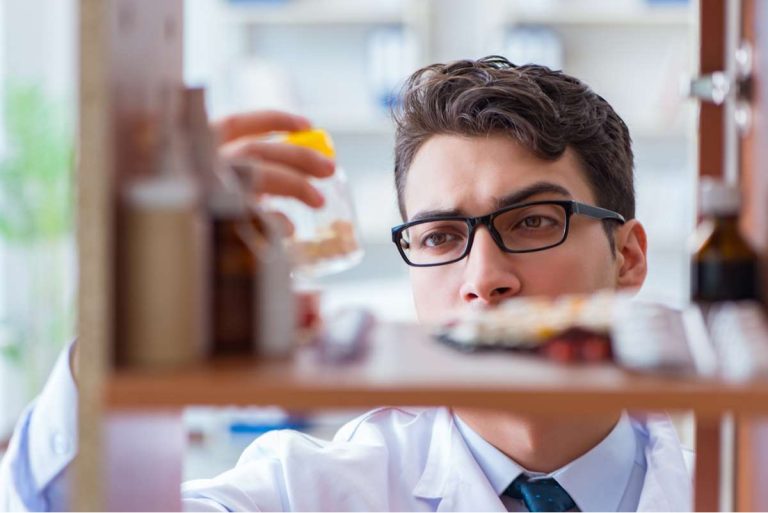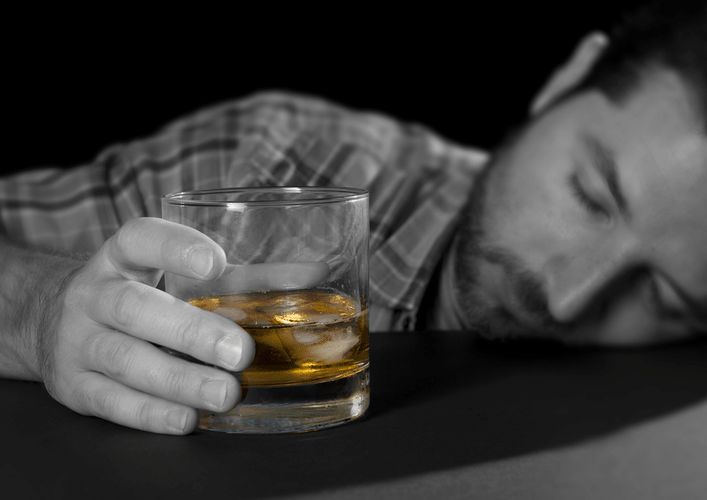It’s treatable, but if untreated, it can lead to serious destruction and even death. The term abstinence refers to a situation when you have decided to refrain from all substances as part of your recovery journey. This includes all drugs, even ones that can help with substance or alcohol misuse, such as Vivitrol. If you or someone you know has alcohol use disorder (AUD) and has relapsed, this is a common occurrence. You can take steps to get back on track after an alcoholic relapse has occurred, and you can watch for warning signs that you might need more intensive intervention.
Identifying Your Personal Triggers
These treatment options can help you overcome and prevent alcohol relapse with professional support. During the recovery process, you are likely to encounter many triggers that may cause you to think about drinking again. Being aware of your triggers and having strategies and skills in place can help you manage these situations and avoid relapse. They can also guide you in creating a relapse prevention strategy, empowering you to identify triggers and implement effective coping mechanisms to reduce the risk of future relapses. The abstinence violation effect can also come into play, causing you to believe that a single slip means you’ve failed completely, leading to a return to more extensive drinking. Psychological factors such as unresolved emotional conflicts, low self-esteem, and negative thought patterns can intensify during this time, complicating your recovery process.
Why is Relapse Prevention Important?
You can find support networks in various places, including healthcare facilities and community organizations. A person will experience a relapse of drug and alcohol use for many different reasons. After not drinking for a while, the body can’t process alcohol the same way, and it is especially dangerous for the brain. Instead, it can be an opportunity to examine what lifestyle marijuana addiction changes, coping skills, and adjustments may be needed to prevent relapse in the future. Our state-specific resource guides offer a comprehensive overview of drug and alcohol addiction treatment options available in your area. When we think about a relapse, we tend to think about it as sudden, unexpected, and all at once.
Understanding Methadone Detox: Process, Benefits, and Challenges
- If you are friend or family to someone with an opioid use disorder, it would be a good idea to keep Naloxone on hand for if and when an overdose occurs.
- Neither this site nor anyone who answers the call receives a commission or fee dependent upon which treatment provider a visitor may ultimately choose.
- In fact, between 40% to 60% of people with a substance use disorder relapse at some point in their recovery journey.
- The abstinence violation effect can also come into play, causing you to believe that a single slip means you’ve failed completely, leading to a return to more extensive drinking.
- If a person can’t cope with these situations, they will be more likely to drink again.
In addition to seeking professional treatment, you might consider joining a 12-step program or other mutual support groups. These setbacks do not even necessarily mean that you need to reenter intensive addiction treatment. However, a slip or relapse does indicate that something is missing in your recovery plan or resources.
Cognitive behavioral therapy (CBT) is a standard treatment for drug addiction. It helps Alcohol Relapse you identify thoughts and behaviors that led to relapse and then change them to prevent relapse from happening again. Behavioral therapy is often beneficial because it helps you address issues that you have trouble with and deal with them without alcohol or drugs. It is essential in the recovery process because it can help you overcome the problem. Ask for help from trusted family members and friends, or seek assistance from a support group. It is constructive if the relapse occurs due to a lack of social support.
Raise a Glass—Or Maybe Don’t: The Sobering Secret About Alcohol and Cancer
- Support groups (e.g., SMART Recovery) offer non-spiritual, science-based tools for relapse prevention.
- Having occasional cravings or thoughts of drinking is normal during recovery.
- While relapse doesn’t mean failure, identifying and managing triggers is crucial for maintaining long-term sobriety.
- Detoxification is often the first step in treating alcoholism, but you may have to repeat it several times before you can stop drinking.
Because alcohol is a coping mechanism, exposure to stressors and situations that are stressful can also lead to relapse. If a person can’t cope with these situations, they will be more likely to drink again. For example, if they are constantly exposed to stressful jobs or relationships they cannot escape from, they may be tempted to drink again.
If you need professional help to address the issue, try and see a professional therapist. If a person is alone or doesn’t have a support system, they will not be able to deal well with the stress involved in alcohol relapse. It can lead them to overuse drugs and alcohol for temporary relief, making it easier for them to give in to the temptation to drink again and again. In this situation, the individual may turn to drugs and alcohol to prevent their problems from getting worse. You can find a directory of treatment providers through Recovered.

